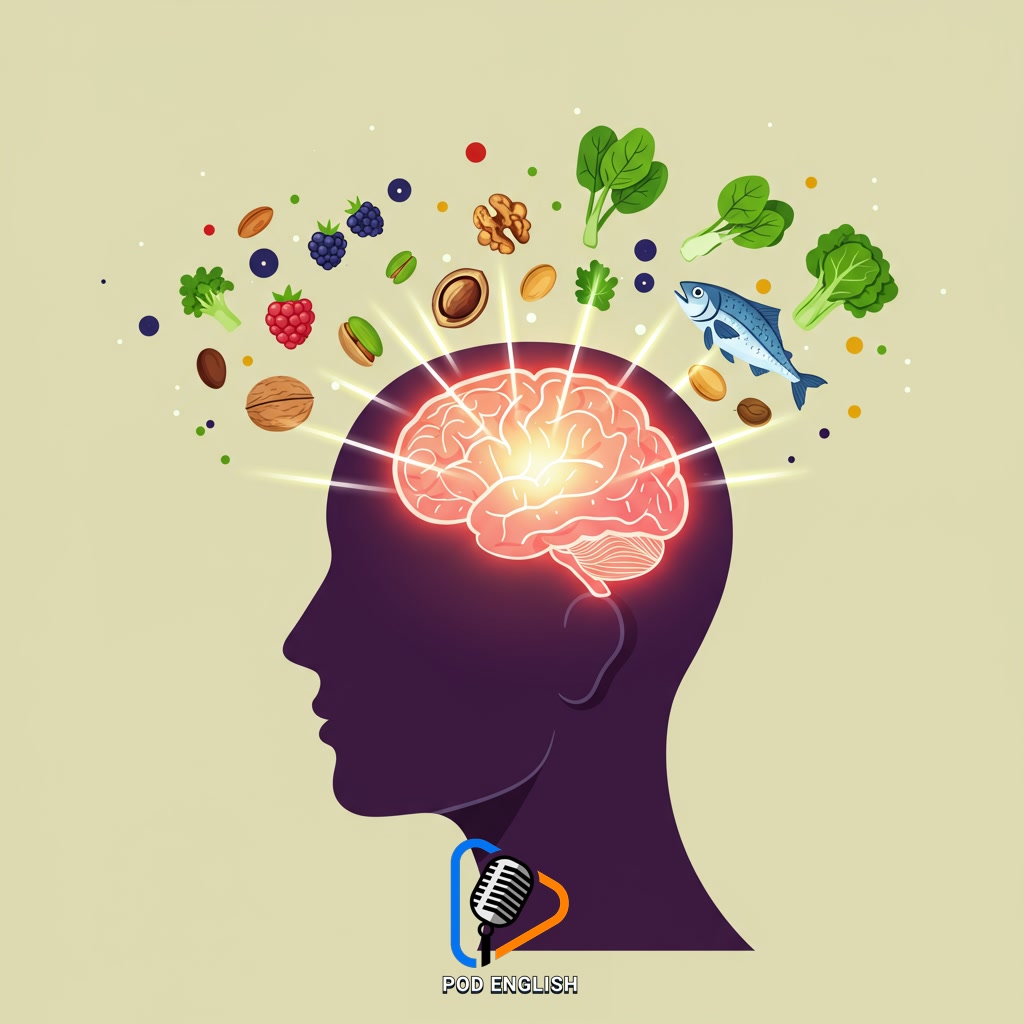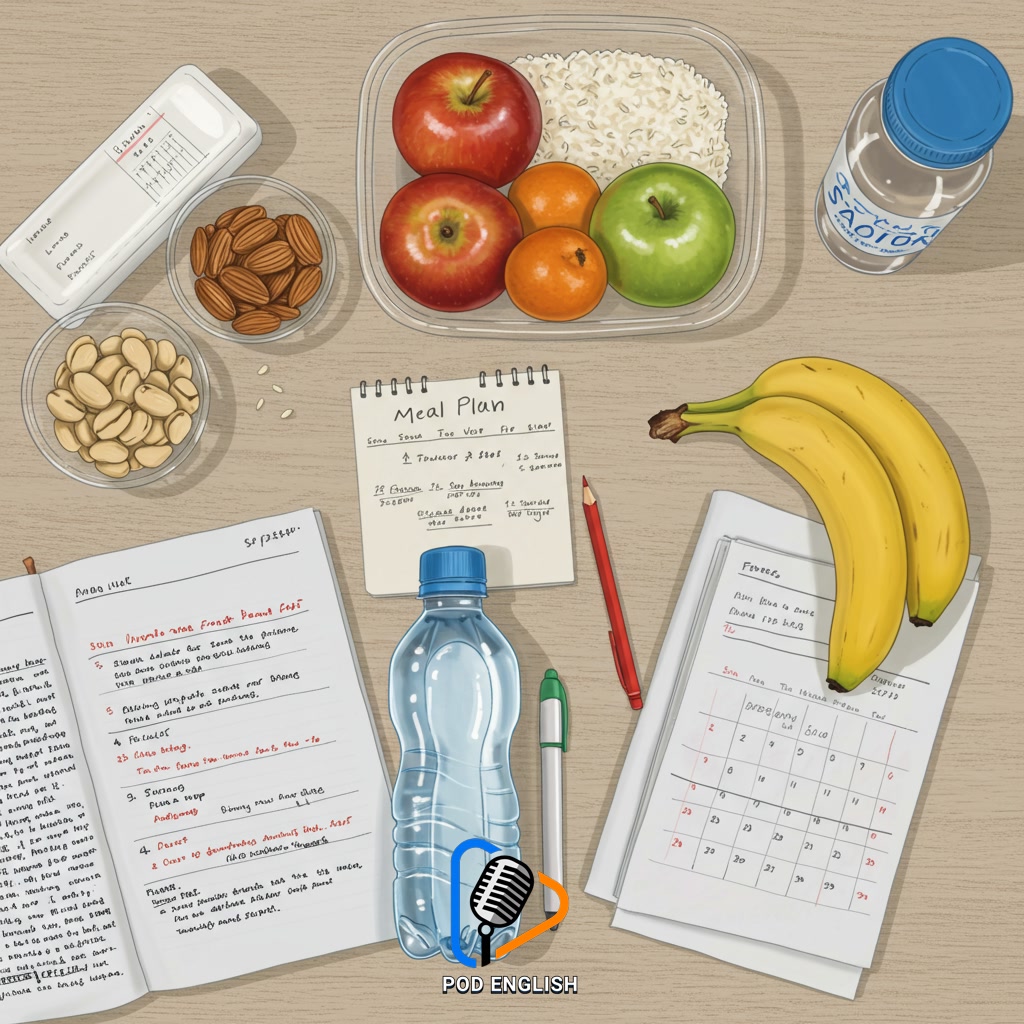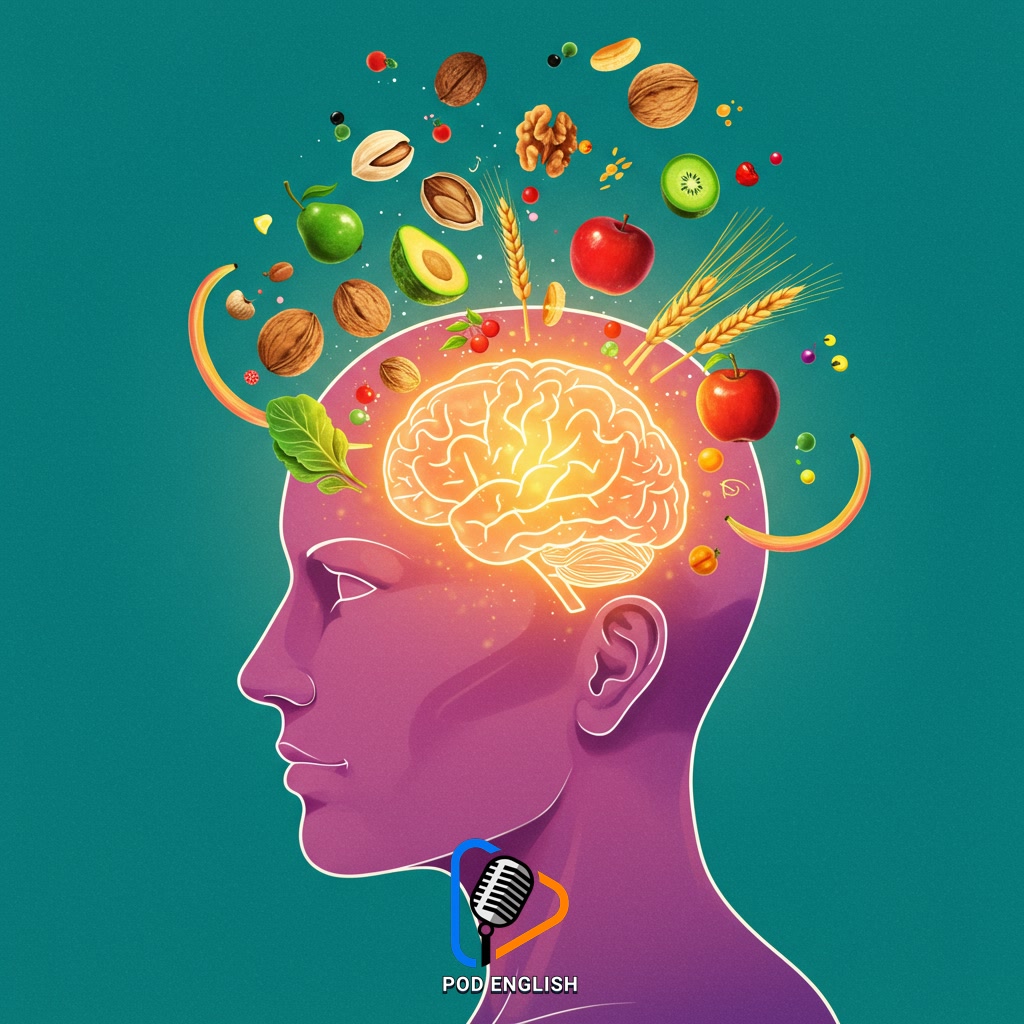Learn English
Smart Meal Planning for Peak Exam Focus and Learning

Smart meal planning is crucial for optimizing brain function during periods of intense study and exam preparation. Focusing on nutrient-rich foods can significantly enhance concentration, memory retention, and overall cognitive performance. Strategic eating habits support sustained energy levels needed for effective learning processes, including challenging tasks like mastering new subjects or improving skills such as learning english. Proper nutrition directly contributes to achieving peak mental acuity necessary for academic success.
Table of Contents
- Section 1: Introduction: Why Smart Meal Planning is Crucial for Exam Success
- Section 2: Understanding the Brain-Food Connection: Nutrition and Cognitive Function
- Section 3: Key Nutrients and Brain-Boosting Foods for Enhanced Focus
- Section 4: Practical Strategies for Planning and Preparing Exam-Week Meals
- Section 5: Hydration and Smart Snacking for Sustained Energy and Concentration
- Section 6: Common Dietary Pitfalls to Avoid During High-Stress Periods
- Section 7: Conclusion: Fueling Your Mind for Peak Learning and Performance (Including Subjects Like English)
Section 1: Introduction: Why Smart Meal Planning is Crucial for Exam Success
Navigating exams demands significant mental energy and sustained focus. While effective study techniques and consistent effort are fundamental, the fuel you provide your brain plays an equally critical role in determining your performance. This introductory section explores why smart meal planning is not merely a supplement to your study routine but a crucial component for academic success. By understanding the direct link between nutrition and cognitive function, you can make conscious food choices that enhance your concentration, improve memory retention, and maintain stable energy levels throughout intense study periods and during the exams themselves. Prioritizing your diet ensures your brain is optimally equipped to handle the challenges of learning, problem-solving, and performing at your peak.

Section 2: Understanding the Brain-Food Connection: Nutrition and Cognitive Function
The brain, our command center for learning and focus, is incredibly energy-intensive, consuming a significant portion of our daily calories. However, it’s not just about quantity; the quality of the fuel matters immensely. Essential nutrients like complex carbohydrates, omega-3 fatty acids, vitamins, and minerals are the building blocks and catalysts for optimal cognitive function. These components support neurotransmitter production, facilitate nerve cell communication, and protect brain cells from damage. A steady supply of these nutrients helps maintain stable energy levels, preventing the crashes that impair concentration and memory recall during intense study sessions or exams. Understanding this direct link between what you eat and how well your brain performs is the foundational step in smart meal planning for academic success, including mastering skills like learning English.

Section 3: Key Nutrients and Brain-Boosting Foods for Enhanced Focus
Building on the idea that food quality fuels the brain, certain nutrients are especially vital for optimal cognitive function and focus. Omega-3 fatty acids, abundantly found in fatty fish like salmon and seeds such as chia and flax, are fundamental building blocks for brain cell membranes and crucial for memory and learning. Antioxidants, prevalent in colourful berries, dark chocolate, and leafy greens, help protect brain cells from oxidative stress. B vitamins, sourced from eggs, whole grains, and legumes, are essential for energy metabolism and neurotransmitter production, directly impacting alertness and concentration. Protein provides amino acids needed for creating brain chemicals that regulate mood and focus, while complex carbohydrates from oats and brown rice offer a steady supply of glucose, the brain’s primary fuel, preventing energy crashes during intense study sessions or while mastering new skills like learning English.

Section 4: Practical Strategies for Planning and Preparing Exam-Week Meals
Transitioning from understanding vital nutrients, the next step is implementing practical strategies for integrating these into your exam-week diet. Effective planning is paramount; dedicate a short time block before the week begins to map out simple, nutrient-dense meals and snacks. Prioritize recipes that require minimal preparation and cooking time, allowing you to maximize study hours, perhaps even squeezing in some English learning practice between tasks. Batch cooking certain components, like grains or roasted vegetables, can save significant time later. Stock up on easy-to-grab, brain-boosting snacks such as nuts, seeds, fruits, and yogurt. By having a clear meal plan and prepared ingredients, you reduce stress and ensure consistent access to the fuel needed for sustained focus and optimal cognitive performance throughout your intense study period.

Section 5: Hydration and Smart Snacking for Sustained Energy and Concentration
Building on the foundation of essential nutrients and meal planning, maintaining consistent energy and sharp focus during intense study periods hinges significantly on staying properly hydrated and making smart snack choices. Dehydration, even mild levels, can quickly lead to fatigue and difficulty concentrating, directly hindering your ability to learn and recall information. Ensure you have water readily accessible and sip regularly throughout the day. Complementing hydration, strategic snacking prevents energy dips and hunger-related distractions. Prioritize nutrient-dense options such as fresh fruits, nuts, seeds, or Greek yogurt over sugary or processed snacks. These provide sustained energy release and valuable micronutrients that fuel brain function, supporting the cognitive demands of studying and mastering new skills, including complex subjects like learning English.

Section 6: Common Dietary Pitfalls to Avoid During High-Stress Periods
Building on the foundation of essential nutrients and meal planning, maintaining consistent energy and sharp focus during intense study periods hinges significantly on staying properly hydrated and managing your dietary choices. During high-stress times like exam preparation, it’s easy to fall into common dietary traps that counteract your efforts. Skipping meals, especially breakfast, leads to energy crashes and reduced cognitive function. Relying heavily on sugary snacks and energy drinks provides only temporary boosts followed by significant slumps, hindering sustained concentration. Processed foods, while convenient, often lack the vital nutrients your brain needs and can cause digestive discomfort. Emotional eating, driven by stress, frequently involves unhealthy comfort foods that contribute to lethargy rather than alertness. Avoiding these pitfalls is crucial for supporting the consistent mental clarity required for effective learning, including mastering complex topics or improving skills like learning English.

Section 7: Conclusion: Fueling Your Mind for Peak Learning and Performance (Including Subjects Like English)
In conclusion, strategic meal planning isn’t just about physical well-being; it’s a powerful tool for optimizing your cognitive function during demanding study periods and exams. By consistently providing your brain with the right nutrients, maintaining hydration, and managing energy levels through balanced meals and snacks, you create the ideal internal environment for enhanced focus, improved memory retention, and sustained mental clarity. This deliberate approach to fueling your body directly supports your ability to absorb complex information, master new skills, and perform at your peak in any subject, including challenging areas like learning English. Embracing smart nutrition is an investment in your academic success and overall learning journey.














